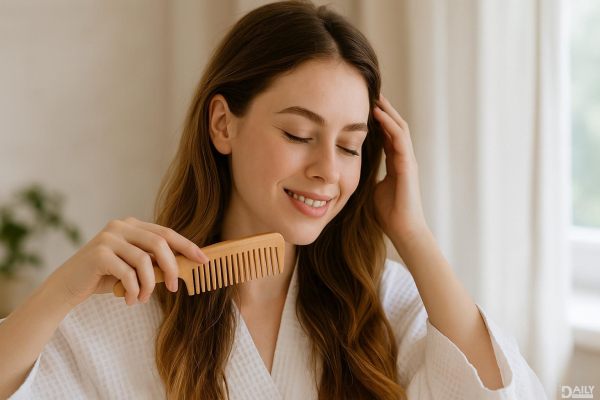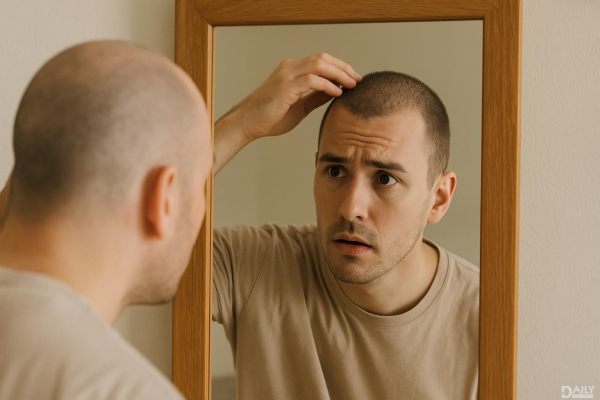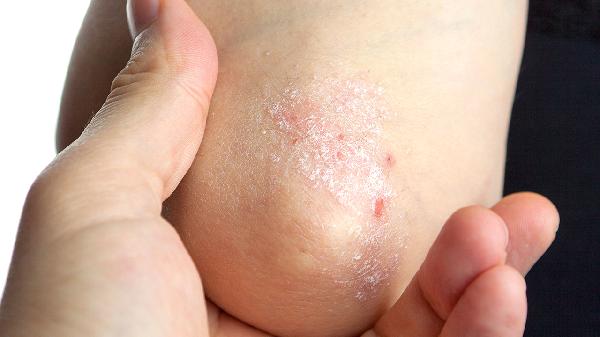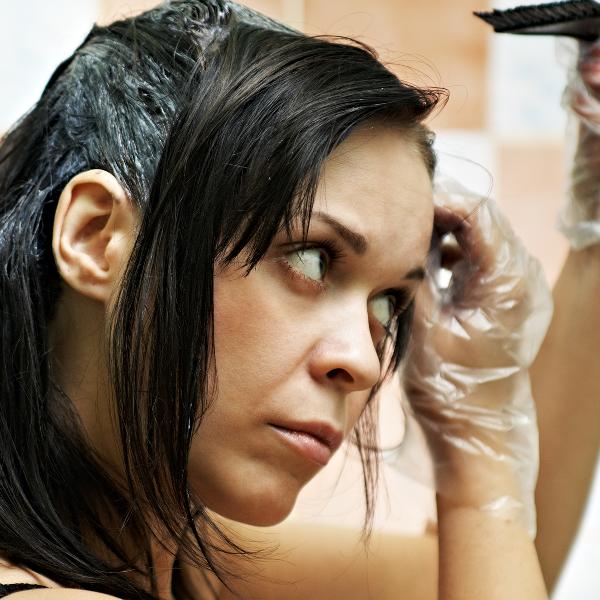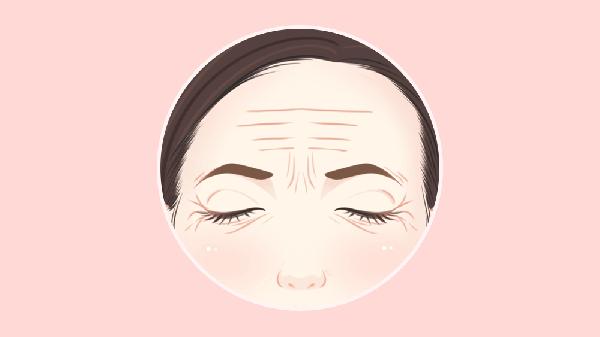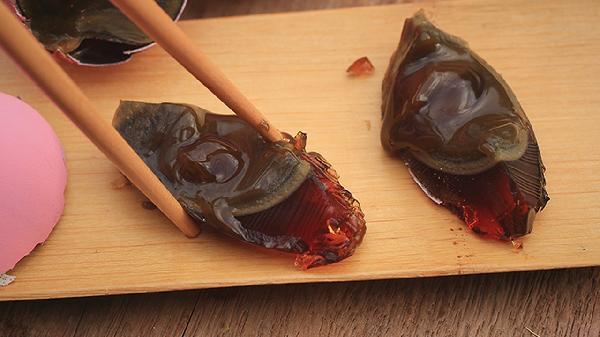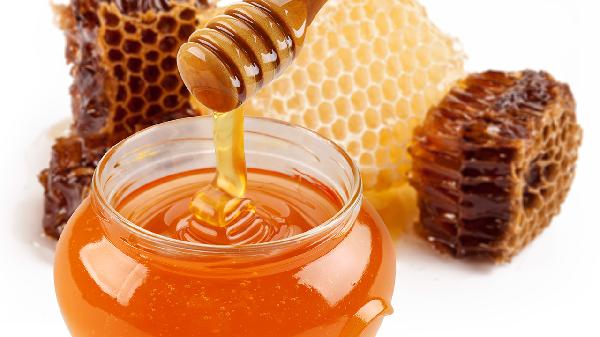Excessive oiliness in hair is a common issue, especially during the summer months, where it often appears as though the hair hasn’t been washed for days. But what causes this greasiness? Surprisingly, even those who wash their hair daily can struggle with persistent oiliness. Understanding the root causes and adopting effective solutions can help manage this problem. Below, we explore the reasons behind oily hair and practical steps to address it.
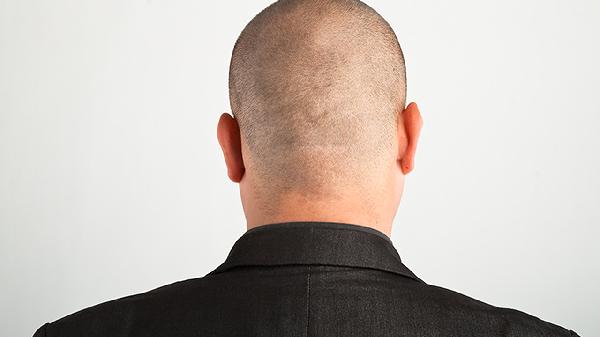
Over-Brushing Hair
While brushing hair is generally beneficial for scalp health, excessive brushing can stimulate the scalp to produce more oil. If you frequently brush your hair for extended periods, it can lead to an overproduction of sebum, making your hair greasier.
Overwashing Hair
Washing your hair too frequently can strip the scalp of its natural oils, prompting it to produce even more oil to compensate. Ideally, washing your hair once a day is sufficient unless specific circumstances, such as exposure to dirt or rain, necessitate an additional wash.
Improper Hair Care
Using too much conditioner or applying it directly to the scalp can lead to product buildup, which contributes to oily hair. Similarly, excessive use of hair oils can overwhelm the scalp, resulting in greasiness.
Seasonal Factors
Seasonal changes, particularly during warmer months, can exacerbate oil production in the scalp. Additionally, stress and anxiety during certain times of the year can also influence scalp health.
Frequent Touching and Scratching
Constantly touching or scratching your scalp can transfer oils and dirt from your hands to your hair. This habit not only makes your hair greasier but can also damage the scalp and lead to hair loss.
Hormonal Imbalances
Hormonal fluctuations, such as those experienced during menstruation or pregnancy, can affect the scalp’s oil production. These changes can lead to increased greasiness in the hair.
Inadequate Cleansing
Styling products can leave residue on the scalp, and regular shampoos may not always remove them effectively. Using a clarifying shampoo or a diluted apple cider vinegar rinse can help remove buildup and restore balance.
Solutions for Oily Hair
1、Diluted Shampoo Solution: Mix one part anti-oil shampoo with four parts water in a spray bottle. Apply directly to the roots, massage into a lather, and rinse thoroughly.
2、Pre-Shampoo Detangling: Gently brush your hair before washing to remove tangles and ensure even cleansing.
3、Optimal Water Temperature: Use lukewarm water (around 37°C) to wash your hair, as extreme temperatures can irritate the scalp.
4、Gentle Scalp Massage: Avoid using your nails to scrub the scalp; instead, use your fingertips to massage gently.
5、Proper Drying Technique: After washing, squeeze out excess water with your hands and pat dry with a towel. Avoid vigorous rubbing.
6、Correct Blow-Drying: Keep the blow dryer at a 45-degree angle and move it continuously to prevent heat damage.
7、Wide-Tooth Comb: Use a wide-tooth comb on damp hair to detangle gently, starting from the ends and working upward.
8、Rice Water Rinse: Rinse your scalp with filtered rice water to nourish and balance oil production.
9、Oil-Control Shampoos: Choose shampoos with ingredients like lemon, rosemary, or peppermint to regulate sebum production.
10、Scalp Massage: Incorporate regular scalp massages to improve circulation and maintain a healthy scalp.
Conclusion
Managing oily hair requires a combination of proper hair care practices and lifestyle adjustments. Using the right products, avoiding over-washing, and maintaining a healthy scalp can significantly reduce greasiness. Additionally, minimizing stress, eating a balanced diet, and getting adequate sleep contribute to overall scalp health. By addressing the underlying causes and adopting these strategies, you can achieve healthier, less oily hair.

